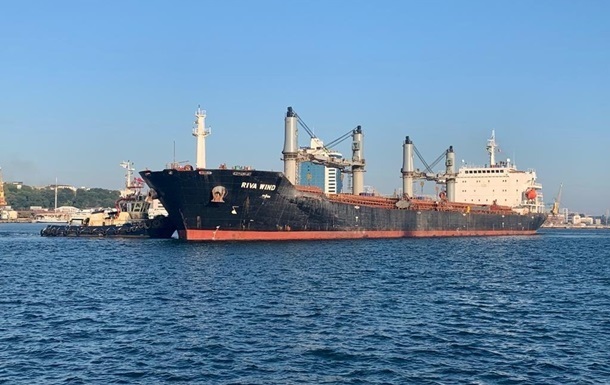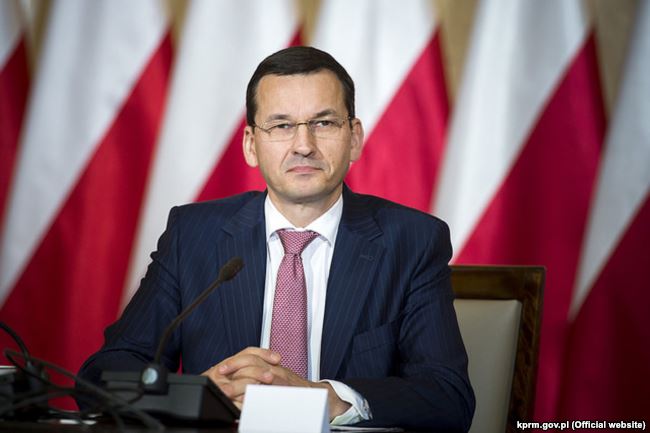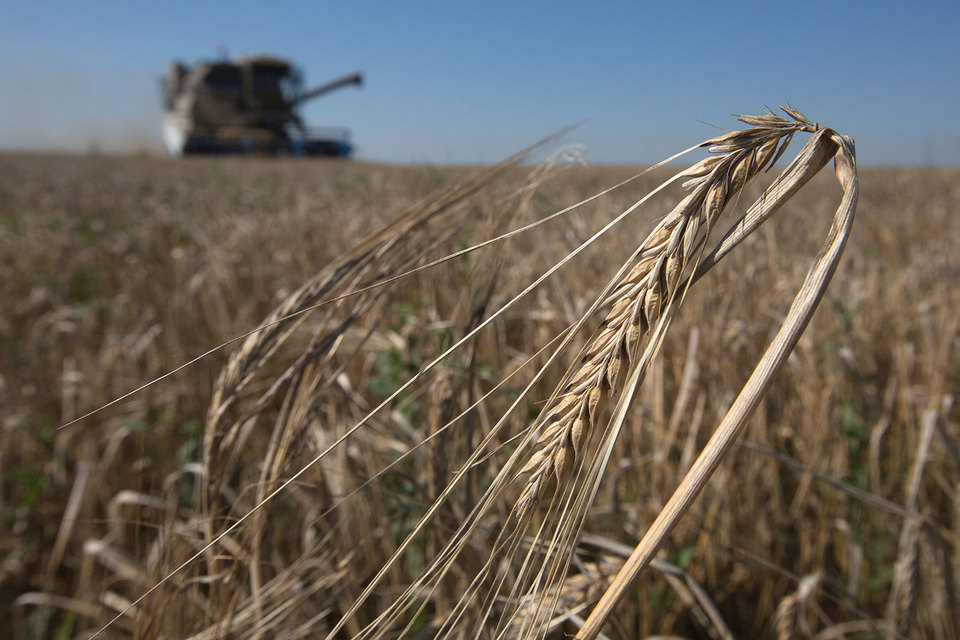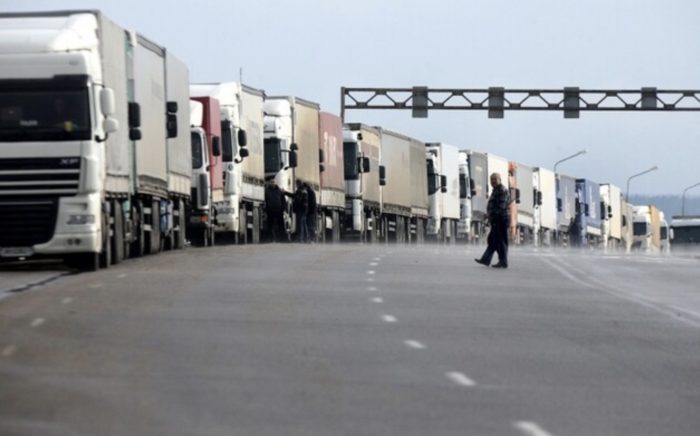Three of Ukraine's key Black Sea ports have resumed accepting ships to export grain, despite Russia's threats to attack vessels headed to Ukrainian ports, Bloomberg reported.
The first ten ships have already used the corridor that Ukraine began developing after Russia refused to renew the grain deal, disregarding its threats to sink ships going to Ukrainian ports.
International insurance companies have also begun restoring coverage of insurance risks, the report says.
"The ships’ passage signals that Ukraine’s daring bet to set up its own trade route after the collapse of a safe-corridor agreed with Russia has paid off," Bloomberg stated.
As Bloomberg clarifies, under the safe corridor agreement, all ships bound for Ukraine are inspected in Istanbul, and their cargoes consist solely of agricultural goods.
Meanwhile, as reported by the Russian The Moscow Times media outlet, the corridor has become largely possible due to the neutralization of Russia's Black Sea Fleet, which the Ukrainian Armed Forces began intensely bombing after Vladimir Putin refused to extend the UN and Türkiye-brokered deal on Ukrainian grain exports.
"In fact, the fleet was now locked in Sevastopol, which made the route in the northwest Black Sea, along the coasts of Romania and Bulgaria, safer." the report says.
At the same time, the insurance broker Miller, tech company Clearwater Dynamics, and the Ukrainian government announced they have "joined forces to offer full war risk insurance coverage for vessels operating in the Black Sea."
With Clearwater Dynamics' enhanced technology, all ships traversing the corridor and at Ukrainian ports are now monitored around the clock until they leave the high-risk zone.
Mine barriers protect the new corridor. The route runs along the coastline into Romanian and Bulgarian waters, which are NATO countries. Previously, the grain corridor went directly across the sea to Istanbul, where a joint commission of UN, Turkish, and Russian representatives inspected ships delivering Ukrainian grain.
On 3 October, the agriculture ministers of Ukraine, Poland, and Lithuania agreed that Ukrine’s grain would undergo inspection at the Lithuanian port Klepėda.
Within the next two days, veterinary, sanitary, and phytosanitary control of Ukrainian grain will shift from the Ukrainian-Polish border to Klepėda (Lithuania) port. According to the Ministry of Agriculture’s statement, this will accelerate transit through Poland.
- On 17 July 2023, the Russian Federation withdrew from the Black Sea grain initiative, an UN-brokered agreement to unblock Ukraine’s ports and export its grain, and stated that it would not guarantee that it will not attack civilian vessels after that date. The Ukrainian defense ministry mirrored Russia’s threats to ships at sea.
- After that, Russia launched massive missile attacks on Odesa and the region with missiles and drones, destroying ports, granaries, residential buildings, and other facilities.
- NATO has condemned the Russian attacks but has thus far only vowed to increase surveillance. Meanwhile, Ukraine has changed the course of its grain corridor so that it stays within Romanian waters. Reportedly, the US declined Ukrainian requests to escort commercial vessels in the waters of NATO countries to ensure that the grain corridor keeps functioning.
- The Institute for Study of War has observed that Russia seems intent on enforcing a de-facto naval blockade of the Black Sea by intimidating civilian vessels in it. Particularly, a Russian warship told a ship that sailing to Ukraine could get it treated as a military target, according to an intercept shared by Ukrainian officials on 28 July.
- Nevertheless, on 31 July, merchant vessels sailed through Ukrainian territorial waters to ports on the Danube and Ukraine's Navy opened up registration for civilian ships to use the new corridors in the Black Sea.
- Since then, ships are successfully sailing from Ukrainian ports through the corridors.
Read also:
- Grain dispute: how Poland and Ukraine can reach a solution
- Romania and Ukraine work together to regulate Ukrainian grain exports
- Ukraine to sue Poland, Hungary, and Slovakia over grain ban
- Ukraine’s economy suffers as Russia destroys 280,000 tons of Ukrainian grain





